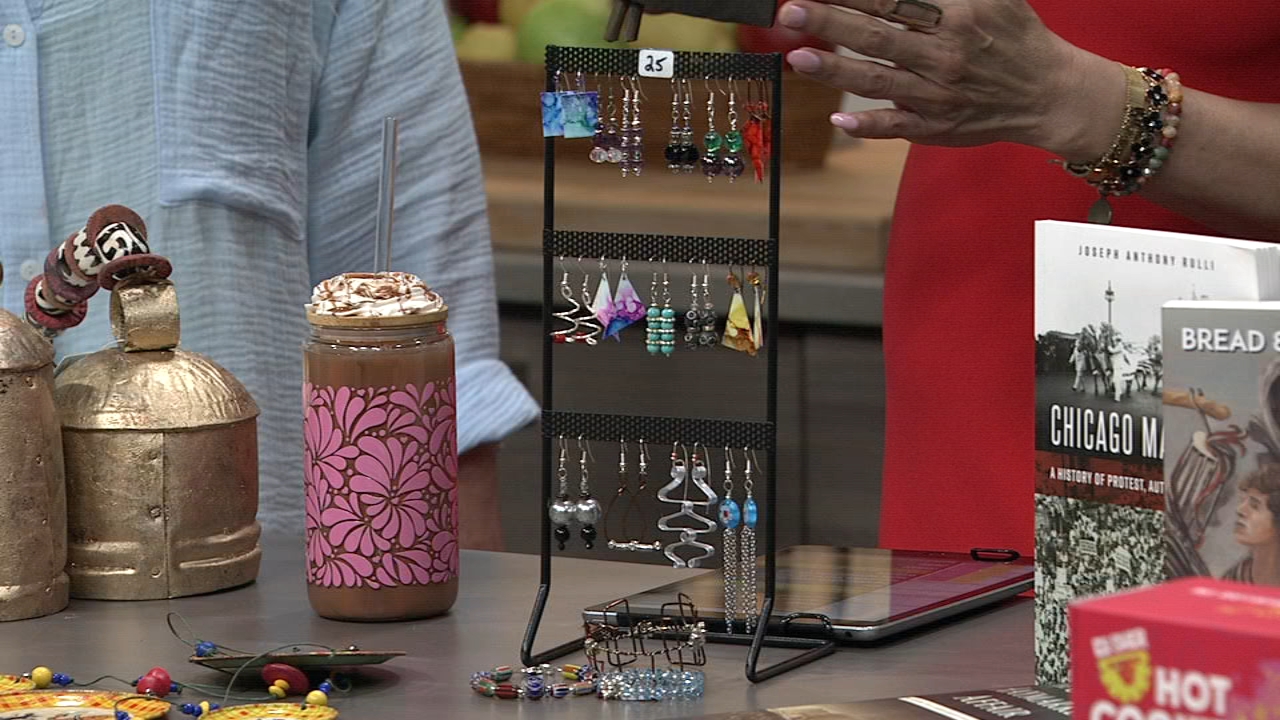Consumer Reports: Debt collectors can find you on Facebook, Instagram
Facebook said it's reviewing how new rule will affect users

Consumer Reports has some tips to help manage collection communications, as debt collectors will soon be allowed to contact consumers in new ways.
Debt collectors will be allowed to contact consumers by email, text message and even through social media later next year.
Social media connects billions of people with family and friends, but soon you might get a message from someone you'd probably rather ignore -- a debt collector.
"When this new rule takes effect a year from now, debt collectors will be able to send an unlimited number of messages via text, email or social media and call you up to seven times a week, and maybe more," said Lisa Gill, with Consumer Reports.
Beginning late next year, the ways collection agencies can legally contact you will greatly expand. And, since around 70 million people have a bill in collections, this change affects many.
RELATED: Consumer Reports: Buying a car that will make you happy
And while trying to collect legitimate debt is perfectly legal, the industry has a history of aggressive tactics, sometimes even trying to collect money from consumers who don't owe it.
"The problem is debt collectors are notorious for hounding consumers over debts that have already been paid off or were never owed in the first place," Gill said.
The collection industry welcomes the change, saying it "is a significant step forward in updating outdated collections practices that hurt small businesses and left consumers in the dark."
Even with these changes, there are still consumer protections to guard against aggressive, unfair and even illegal collections.
For example, CR said if a debt collector contacts you, request verification of the debt. You can expect to receive information on the debt in the mail within about five days after your request.
RELATED: Consumer Reports: How to deal with mold, mildew smell from washing machines

"And many states have a statute of limitations on how long a debt can be collected upon, typically between three and six years, after which, you no longer need to pay it," Gill said. "So check the laws in your state. Do not pay any part of the debt until you're sure you still owe it. Otherwise, you could accidentally revive old debt you no longer owe."
If you don't recognize the charge, get a copy of your credit report to make sure you weren't the victim of identity theft. You can get free credit reports from annualcreditreport.com.
And if you do owe the money but can't afford to pay it all at once, try negotiating a lower repayment amount and a payment plan you can afford.
While it's still not entirely clear how collection agencies will use social media. For its part, Facebook, which also owns Instagram, told Consumer Reports in a statement, "We are in the process of reviewing this new rule and will work with the Consumer Financial Protection Bureau over the coming months to understand its effect on people who use our services." Twitter didn't immediately respond to a request for comment.
All Consumer Reports material Copyright 2020 Consumer Reports, Inc. ALL RIGHTS RESERVED. Consumer Reports is a not-for-profit organization which accepts no advertising. It has no commercial relationship with any advertiser or sponsor on this site. For more information visit consumerreports.org










